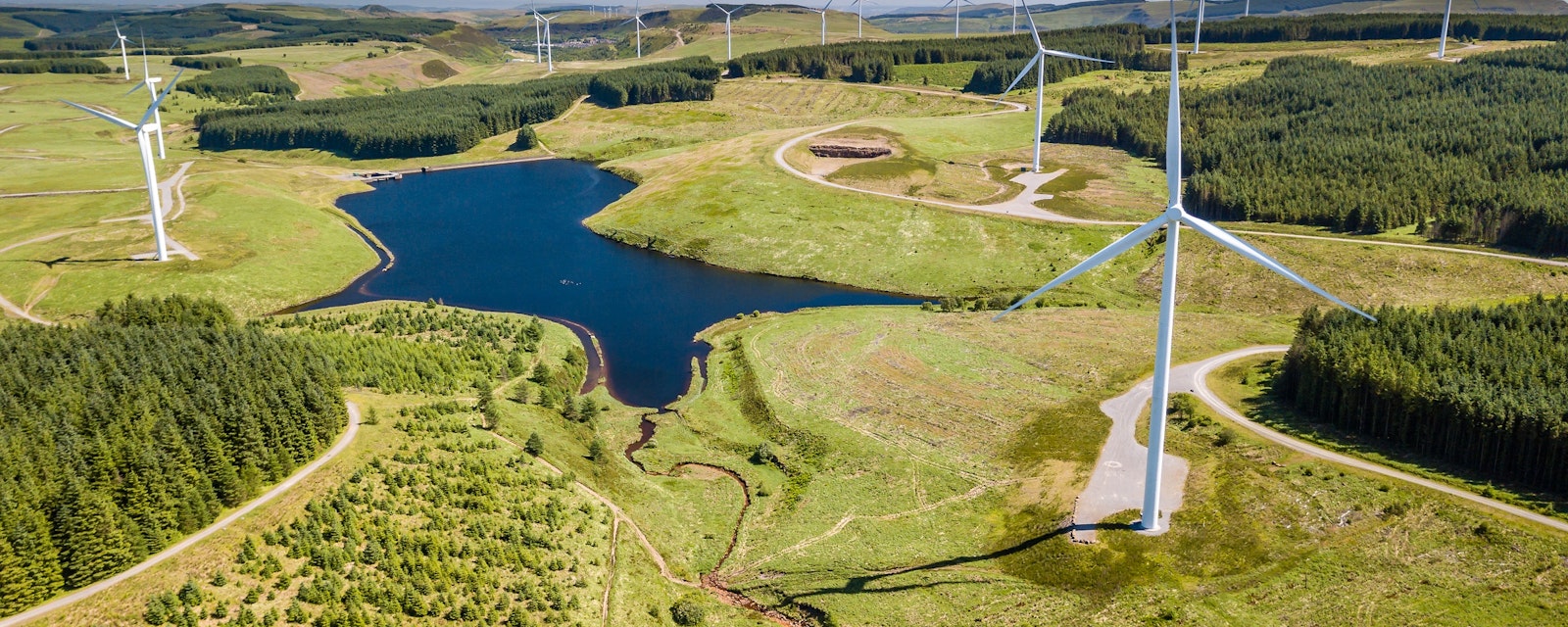Below please find key take-outs from our September 17th panel with the Rt Hon Claire Perry O'Neill, Managing Director, Climate and Engergy, World Business Council for Sustainable Development; James Harding, Co-founder of Tortoise Media, former editor of The Times and former Director of BBC News; David Blood, Founder and Senior Partner of Generation Investment Management LLP; Martha Carter, Vice Chair and Head of Governance Advisory, Teneo; and chaired by Principal of Teneo’s Situations and Politics practice and former Downing Street Director of Politics and Communications, Craig Oliver.
Key Takeaways
- Panelists agreed that there is a clear connection between ESG and the long-term success of companies. Businesses that plan for the long-term and are thoughtful about each area and more likely to be successful and resilient than those who focus on short-term performance.
- The need to respond to Covid-19 is likely to accelerate company efforts in this area; at a time when earnings are extremely volatile they are focusing on what else really matters to employees and customers.
- Governance is the aspect of ESG that is often forgotten, however it is absolutely crucial to get this right. Without good governance, companies are unlikely to make the right decisions on the environment and society.
- Disclosure plays a critical role in enabling stakeholders to assess progress on ESG. The lack of a global, standard set of metrics makes it harder to effectively compare companies. However we are starting to see the market coalescing around a number of influential initiatives such as the Task Force on Climate-related Disclosures (TCFD) and the Sustainability Accounting Standards Board (SASB) standards.
- It is difficult for governments to drive action on climate; at the moment they are distracted by Covid-19 and election cycles are too short for them to be able to make a difference. Companies, spurred on by investors, are leading the charge and we’re seeing an arms race of ambition and public commitments from large companies which is likely to continue in the run up to COP26 next year.
- Many companies have made more significant progress in reporting on the environmental risks they are facing than they have on social issues, such as diversity, where disclosure is still extremely patchy.
- The panel agreed that sustainability and ESG are imperatives in a post-Covid-19 world and that companies should act now to ensure they manage critical issues like climate change rather than waiting until they reach a crisis point later.




